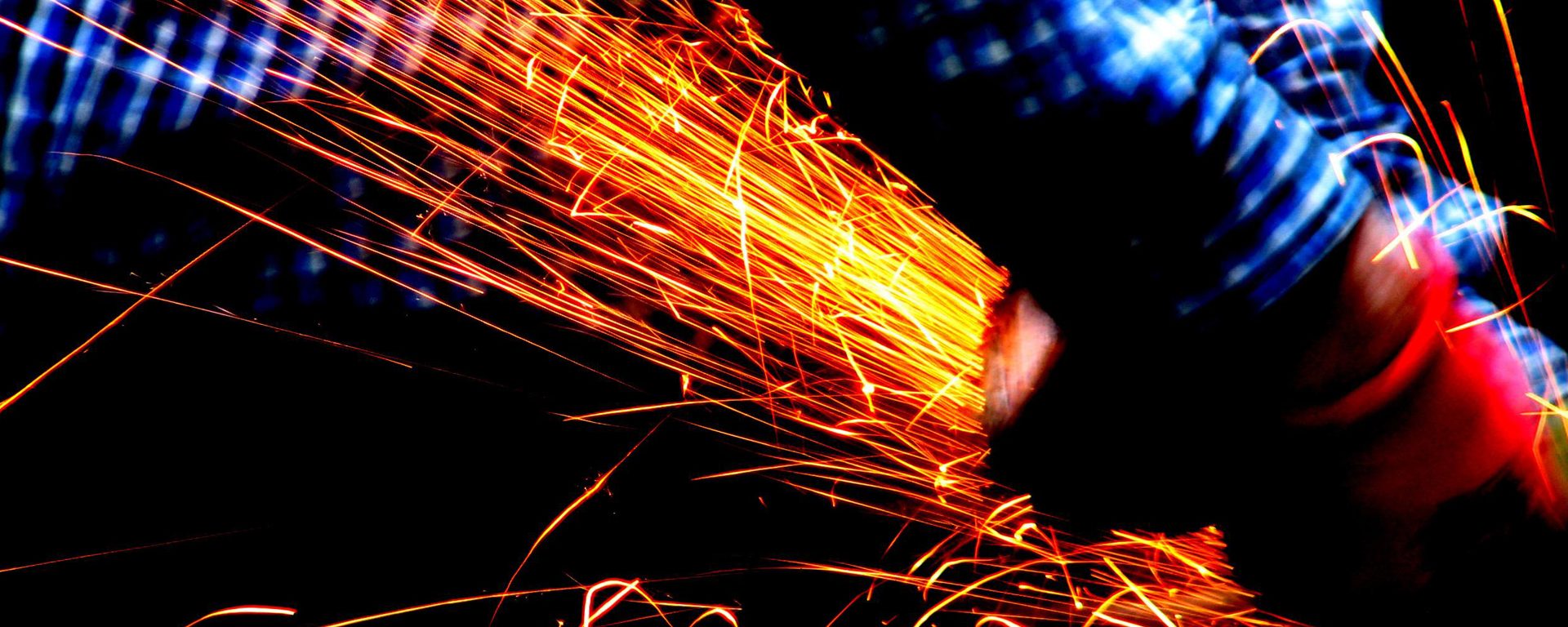Anyone interested in an exciting, hands-on career in manufacturing may want to consider becoming a welder. Welding is an age-old profession that has been around for hundreds of centuries, and is not going away any time soon. Don’t let the digitally-obsessed world deter you from pursuing a job that offers diversity, success, and a lifetime of opportunities. As long as we continue to build and create things in this country, we will need well-qualified welders.
If you’re interested in becoming a welder, you may already know the importance of physical strength and manual dexterity in the trade, to be able to handle machinery and materials. But what else do you need? What are some of the welding skills employers are searching for in new hires? Here, Goodwin College will break down everything you need to know to launch a welding career.
- Administrative Focus
Welding is certainly a hands-on, physically demanding job. But it is also one that requires administrative talent, as well. Welders need to be able to document their work, as well as conduct and oversee inventory of supplies. Some of the desirable skills employers are searching for in welders include:
- Meeting deadlines/time management
- Organization
- Communication
- Independence
- Teamwork
- Attention to Detail
Just as a successful welder needs to have organizational skills, he or she must also have the ability to pay great attention to detail. This is critical for tasks such as evaluating machines and equipment before purchase. As a welder, you are also expected to clean grease or corrosion from parts and chip out holes, bubbles, and cracks prior to welding. All of these elements of the job are small, but extremely important when it comes to getting the job done right. Other core skills involved with detail orientation include:
- Cutting and trimming metal parts to precise dimensions
- Detecting changes in molten metal flows
- Following instructions
- Inspecting parts and materials
- Maintaining a clean and safe work space
- Mathematical Skills
Proficient math skills help welders work more effectively. Potential employers are looking for workers who can calculate the dimensions of an object that need to be welded, interpret project sketches, and read blueprints. Math skills will also be useful when you’re cutting and trimming metal objects to those specific dimensions you’re paying such great attention to. You will also need an aptitude for spacial recognition, reasoning, and examining 2D and 3D diagrams.
- Physical Abilities
As the aforementioned skills imply, a job in welding is not just for someone who can “lift things up and put them down.” However, having great physical abilities will only help you in this demanding line of work. Employers need welders who can bend, lift, scoop, and twist in order to get the job done. There will be projects that require some extra strength, such as assembling or dismantling parts for an aircraft or automobile. You will also want to prepare to hold a torch in place for long periods of time, so strength and steady hands are serious advantages over the competition. Some other physical skills that will grab the attention of your future employer include:
- Close vision and depth perception
- Hand-eye coordination
- Manual dexterity
- Stamina
- Strength
- Technical Skills
Working in the world of welding requires you to have great ability in handling tools and technology. Employers are looking for welders who can clamp together broken metal pieces, and melt and apply solder along adjoining edges of materials. Welders need to monitor the quality of machinery, repair leaks, and use grinders and other metal finishers. Other technical skills required of a welder include:
- Operate a brazing torch
- Operate robotic welding machines
- Set up fixtures and machine tools
- Use fillet and butt weld gauges
- Use hand tools
- Use a soldering iron
How to Gain These Desirable Skills
One of the fastest paths toward acquiring these welding skills and setting yourself up for a successful career is simple: Education and training. With a flexible welding school like Goodwin College, you’ll be ready to launch your career in as little as 8 months! Our 24-credit certificate program covers everything from welding safety and fabrication, to common welding methods including shielded metal arc welding, gas metal arc welding, flux core arc welding, and thermal cutting. Goodwin welding students use state-of-the-art machinery to create and weld complex parts using our CNC plasma table, building their skillsets through hands-on training. They can also put their skills to the test by using our virtual reality welding machine, and have the chance to learn precise pipe alignment with our innovative Bluco table.
Learn more about the welding certificate program at Goodwin College by reaching out to us anytime! Call 1-800-889-3282 or visit us online.
Goodwin University is a nonprofit institution of higher education and is accredited by the New England Commission of Higher Education (NECHE), formerly known as the New England Association of Schools and Colleges (NEASC). Goodwin University was founded in 1999, with the goal of serving a diverse student population with career-focused degree programs that lead to strong employment outcomes.

